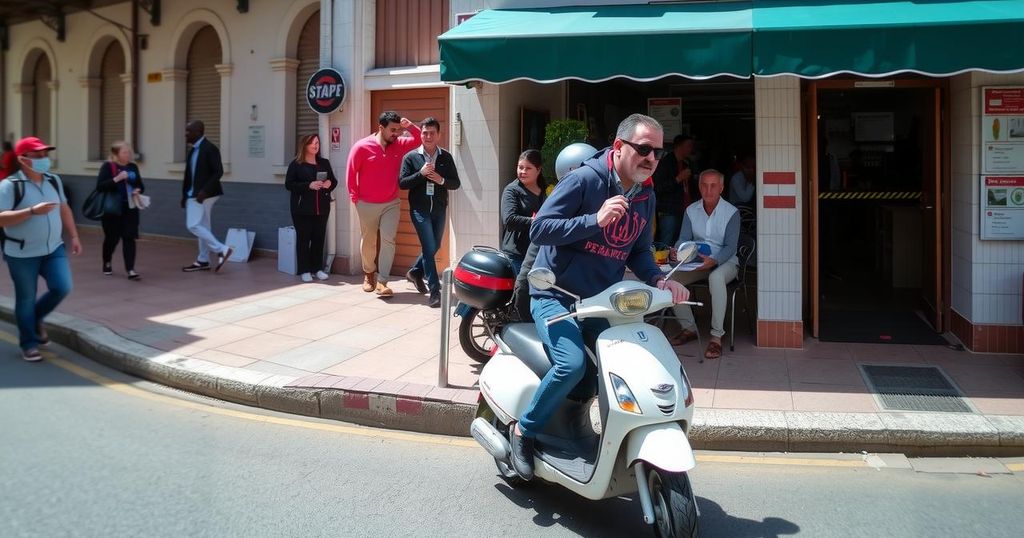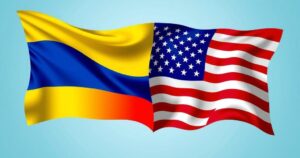Global Insights: Iran’s Currency Crisis, China’s Tourism Boost, South Africa’s Grocery Closures, and Russia’s Military Arrests

The article highlights Iran’s currency crisis, China’s tourism initiative, South Africa’s closure of unsafe grocery stores, and Russia’s arrest of a suspect in a military assassination. Each story reflects significant political and economic issues impacting each nation.
Iran has recently experienced a catastrophic decline in its currency, with the rial falling to 777,000 against the US dollar, marking an unprecedented low. This economic crisis follows a series of strategic setbacks for Iran, notably the devastation of its key ally, Hezbollah, by Israeli forces, and the loss of influence in Syria. Additionally, the nation is grappling with an energy crisis severe enough to necessitate the closure of educational institutions and government operations, further compounding its troubles.
In a surprising move to enhance its tourism sector, the Chinese Communist Party has expanded the duration of visa-free travel to 10 days for residents of 50 nations, including the United States. Additionally, travelers from nearly 40 other countries can enjoy a visa-free stay of up to a month. Following the relaxation of COVID-19 restrictions, foreign tourist arrivals have surged by 86%, reaching close to 30 million in just the first 11 months of this year, reflecting a robust recovery in the tourism market.
Conversely, the South African government has ordered the closure of 1,041 informal grocery stores, commonly known as “spaza shops.” This decision comes amid growing concerns after several children suffered fatal consequences from consuming foods tainted with pesticides prevalent in these establishments. The safety of food sold at these stores has been called into question, as it appears that pesticide applications for vermin control have led to significant health hazards.
In related news, Russian authorities apprehended a suspect involved in the assassination of Lieutenant General Igor Kirillov, a high-ranking general, in Moscow. The Federal Security Service identified the apprehended individual as an Uzbek national allegedly compensated with $100,000 by Ukraine to carry out the attack using a bomb concealed in a scooter. The Russian general had been linked to the deployment of chemical weapons in Ukraine during the ongoing conflict, raising international concerns about wartime conduct.
This article presents four distinct yet interrelated global news stories, highlighting major events in Iran, China, South Africa, and Russia. Each narrative reflects significant socio-economic or political developments that have broader implications domestically and internationally. Iran’s economic turmoil underscores ongoing geopolitical conflicts, while China’s efforts to revitalize tourism highlight its post-pandemic transition. South Africa’s health crisis reveals vulnerabilities within informal markets, and the arrest related to political assassination in Russia illustrates escalating tensions amid ongoing warfare in Eastern Europe.
In summary, the article elucidates critical incidents reflecting the intersections of economic distress, governmental policies, health safety, and geopolitical tensions. Iran’s currency collapse, China’s tourism incentives, South Africa’s crackdown on unsafe food sales, and Russia’s arrest of a suspect in a high-profile assassination together underscore the complexities of contemporary global challenges.
Original Source: www.gzeromedia.com





